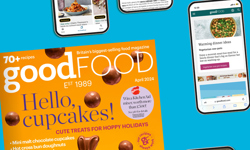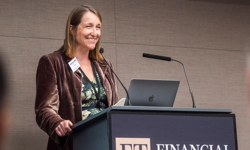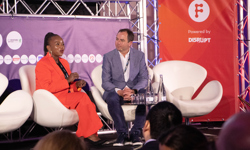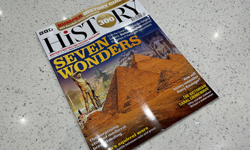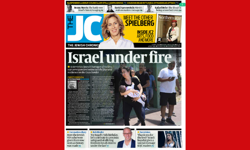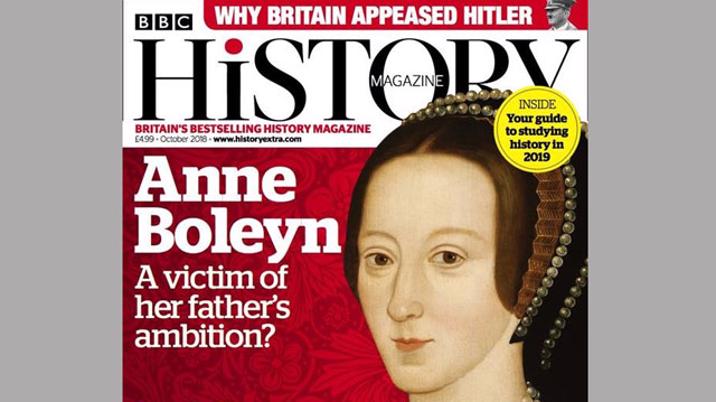
In the world of consumer magazine publishing, it would be all too easy to become despondent. With some honourable exceptions, the latest set of ABCs painted a generally gloomy picture of circulation decline. Look magazine closed recently, as did Soaplife and, sadly, there are likely to be further casualties.
So, in these challenging times, let’s cling on to this single fact: growth is possible.
And we have proof, in the shape of BBC History Magazine, which has grown massively in the last decade – not the smoke and mirrors type growth we’ve all grown accustomed to hearing about, but real tangible growth, in the shape of tens of thousands of extra paying subscribers.
In 2003, the title’s ABC was 51,303. In 2007, the year the iPhone launched, it was 58,395. 2008, the year of the financial crash, saw an ABC of 60,726. In 2012, it was 73,578 and the most recent figure is 94,583, which was actually a fraction down on the preceding period, but the direction of travel over the last fifteen years is clear to see.
In the latest ABC, 83% of the circulation was ‘print’ and 17% ‘digital edition’, and the whole circulation was 100% purchased; not a freebie in sight. Indeed, it’s hard to find fault – they seem to have unlocked the secret of successful publishing in the 21st century.
So, what exactly is that secret? Encouragingly, for the rest of us, it seems pretty simple. Top class writing about a subject that large numbers of people are passionately interested in, pulled together in a pleasingly well-designed package. It is quality content from a credible source; something distinctive, not replicated elsewhere for free, and therefore worth paying for.
Refreshingly, their success is not despite all the distractions the multi-platform digital world has to offer, but in large part because of them. For a magazine focused on the past, it’s as good a model for future publishing as you’re likely to find.
In August, it celebrated its 500th podcast. They broadcast twice a week and get 1.1 million listens a month. The podcast programme has been a huge driver of brand awareness and subscriptions growth since it launched eleven years ago. The magazine further spreads the word through active engagement on Twitter (310k followers) and Facebook (over 551k likes). Throw in a thriving events programme and they really do seem to have ticked all the boxes.
Quality content, multi-platform publishing, full utilisation of all the social media opportunities and an adventurous and dynamic publishing strategy. My advice is, look closely at what BBC History Magazine is doing, and look to apply the learnings to your own brands. They say that imitation is the sincerest form of flattery.
InPublishing is proud to be a media partner at a number of forthcoming publishing events (WAN-IFRA’s World Publishing Expo in Berlin, PPA’s Customer Direct and Independent Publisher conferences, and AOP’s Digital Publishing Summit). Copies of this issue, along with the 2018 Publishing Partners Guide will be available at each. My colleague Martin Maynard plans to be in Berlin and both of us will be at the London events; maybe see you there too.
As always, thank you to our advertisers, in the magazine, the newsletter and on our website. Please call them.




